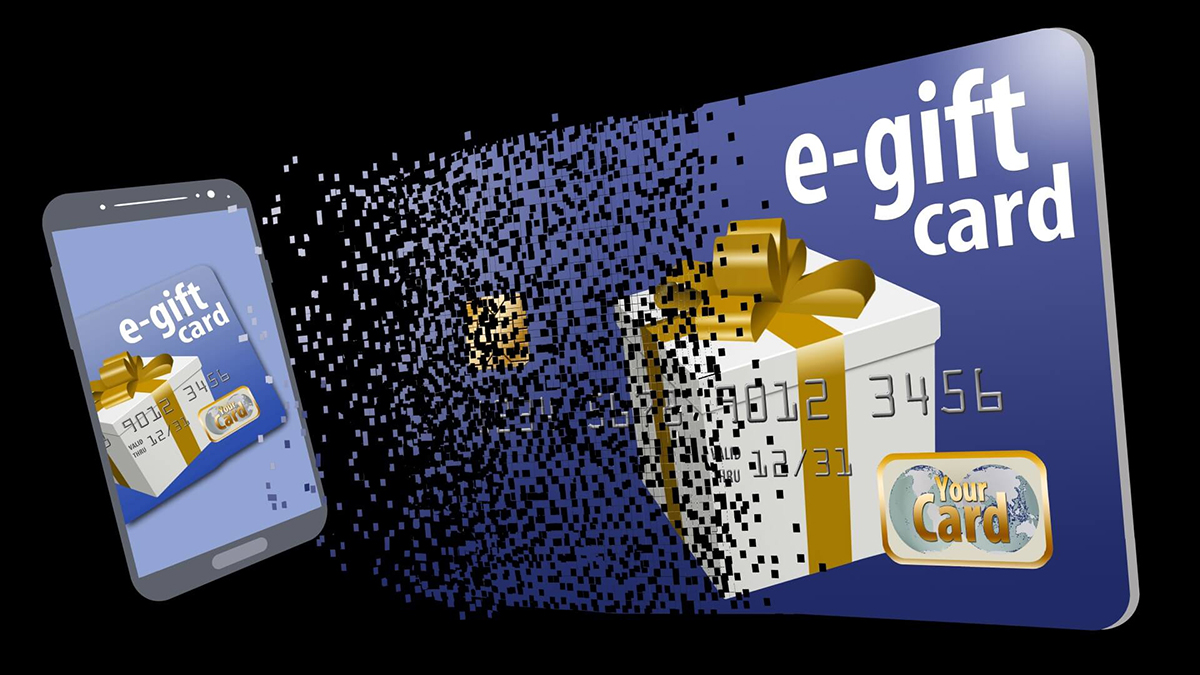CELEBRITY FAN CARDS
A NEW ADVENTURE FOR IMPOSTER SCAMS
CELEBRITY FAN CARDS: A NEW AVENUE FOR IMPOSTER SCAMS
The digital era has transformed fan-celebrity interactions, introducing innovative ways to connect, some legitimate and some pure scams. Platforms like Patreon, Streamily, and Cameo offer fans increased access to celebrities and influencers. On the other hand, scammers peddle what are known as celebrity “fan cards,” which have emerged in recent years, reporting to offer a blend of memorabilia and access. The scammers who peddle fan cards claim to give fans exclusive perks and a sense of closeness to their idols. However, this false innovation has exploited thousands of fans’ enthusiasm and trust.
UNDERSTANDING THE ALLURE OF CELEBRITY FAN CARDS
Fan cards are marketed as a way to form a bridge between celebrities and their followers. These cards, which pretend to be issued directly by the celebrity or their management team, offer the allure of benefits like access to exclusive content, discounts on merchandise, early ticket sales, and even personal messages from the celebrity. However, buyer beware. These are always a scam, and consumers should only seek special access to celebrities through official channels like Patreon.
The concept of fan cards has been popularized by impostors, who use the promise of exclusive access to exploit fans. “I’ve been chatting to someone for 10 days claiming to be Gal Gadot… She has asked me to get a fan card; it’s only $300,” shared an anonymous fan, highlighting the deceptive simplicity with which fans are lured into scams.
THE MECHANISM OF FAN CARD SCAMS UNVEILED
Fan card scams typically follow a predictable pattern, starting with the impostor reaching out to fans through social media platforms. These scammers meticulously craft their profiles to mimic those of the real celebrities, often using stolen photos and personal information to appear authentic. They target fans who actively engage with celebrity pages, initiating contact under the guise of offering a more personal fan experience.
Once communication is established, the scammer builds rapport with the fan, discussing the celebrity’s work and life to establish credibility. “I thought I was speaking with the real Jesse Lee Soffer… He keeps asking me to contact his management so I will have unlimited access to chatting with him,” recounted a fan named C, illustrating the false promises used to deepen the scam’s allure.
The conversation inevitably leads to the offer of a fan card, touted as a gateway to exclusive perks and direct access to the celebrity. The scammer sets a high price for the card, often requesting payment through methods that are difficult to trace or recover. “They get verbally abusive… It’s unfair to Liam himself!! But seriously I’d love a signed photo please,” lamented Kay Milburn, expressing the emotional rollercoaster victims experience when the illusion shatters.
SPOTTING THE RED FLAGS: IDENIFYING TAN CARD SCAMS
The excitement of interacting with a celebrity can often cloud judgment, making it crucial to recognize the warning signs of a scam. Here are key red flags that suggest a fan card offer might not be legitimate:
- Non-Verified Social Media Accounts: Genuine celebrities typically interact with fans through verified accounts. An impostor might use a convincing but unverified account. “I can’t even imagine Keanu Reeves would let his photos be used by scammers,” shared Ed Aton, highlighting the misuse of celebrity images on non-verified accounts.
- Requests for Private Communication: Scammers often ask fans to move conversations to private channels like email or messaging apps, where they’re less likely to be monitored. “He wants me to buy an ‘authorization fans card’,” mentioned an anonymous commenter, pointing out how scammers create a sense of exclusivity.
- Payment Requests Through Unsecure Methods: A major red flag is the request for payment through untraceable methods like wire transfers, cryptocurrency, or gift cards. “Before I read his verified Twitter post… a very convincing impersonator took me for $9000,” shared Michelle, underscoring the financial risks involved.
- Poor Communication and Spelling Errors: Professional communications from legitimate sources are typically free of major errors. Scammers often betray themselves with unprofessional emails filled with spelling and grammatical mistakes.
- Communication and Spelling Errors: Professional communication usually avoids significant mistakes.
